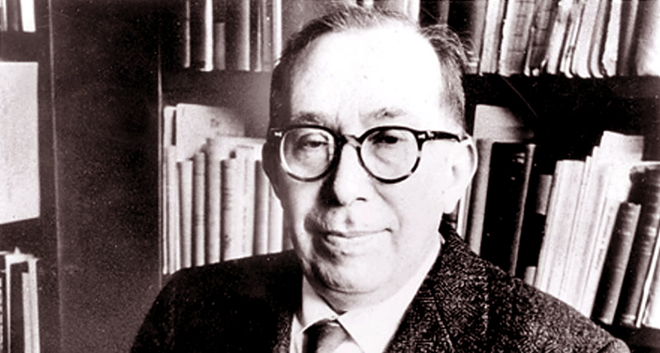Modern Blindness: Failure to See What Is Real and True
Aristotle says that sight is the most philosophical sense. Of the five senses, it most resembles our capacity to know. We naturally desire both to see and to know. Indeed, knowing is an intellectual seeing. Of course, “I see” can mean “I understand.” Plato calls the highest kind of knowing noesis, typically translated into English … Read more

